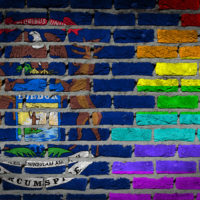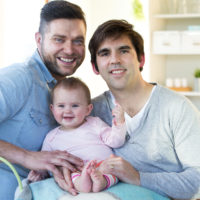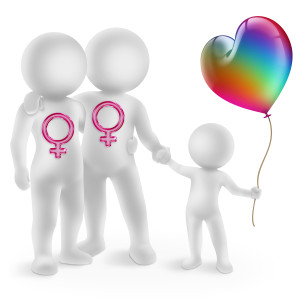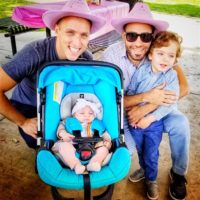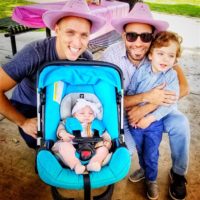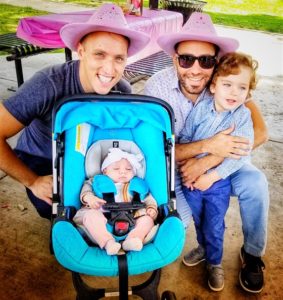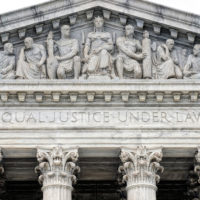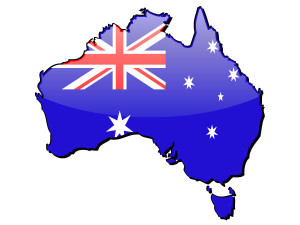Religious-based adoption agencies that contract with the state of Michigan will be allowed to refuse to place children in LGBT homes under a preliminary injunction issued by a federal judge Thursday.
District Judge Robert Jonker in Grand Rapids Michigan blocked Democratic state Attorney General Dana Nessel, Michigan’s first openly gay statewide officeholder, from barring the faith-based agencies from excluding LGBT couples from adoption services.
He said her action conflicted with state law, existing contracts and established practice. Nessel had, through a legal settlement between same-sex couples and the state Department of Health and Human Services, reversed the state’s stance earlier this year.
Michigan, like most states, contracts with private agencies to place children from troubled homes with new families.
Jonker, in issuing a preliminary injunction, said Lansing-based St. Vincent Catholic Charities’ longstanding practice of adhering to its religious beliefs and referring same-sex and unmarried couples to other agencies is not discriminatory.
Wanting to cancel the contract “strongly suggests the State’s real goal is not to promote non-discriminatory child placements, but to stamp out St. Vincent’s religious belief and replace it with the State’s own. … It would disrupt a carefully balanced and established practice that ensures non-discrimination in child placements while still accommodating traditional Catholic religious beliefs on marriage,” he wrote.
A spokeswoman for Nessel said her office was reviewing the decision to determine next steps.
Nessel in March announced an agreement with the American Civil Liberties Union to resolve a 2017 lawsuit filed by two lesbian couples. The settlement said a 2015 Republican-backed law that lets child-placement agencies not provide any services that conflict with their sincerely held religious beliefs does not apply if they are under contract with the state.
Time.com by David Eggert, September 27, 2019
Click here to read the entire article.
The post Judge Allows Religious-Based Michigan Adoption Agencies to Turn Away LGBT Couples appeared first on Time For Families.
Source: Time for Families
